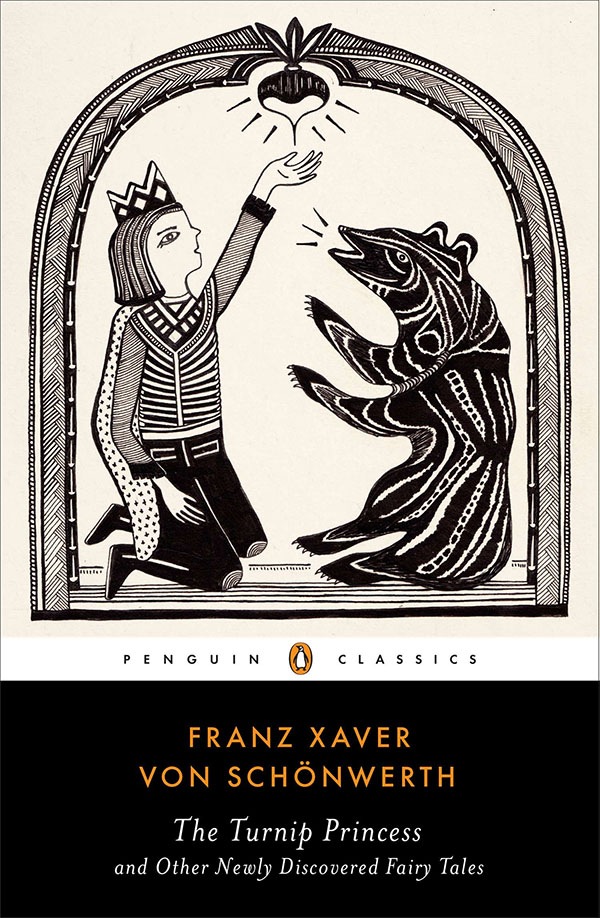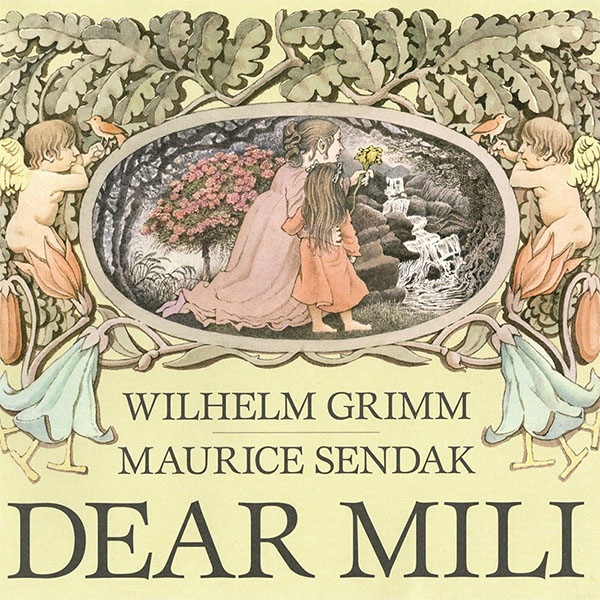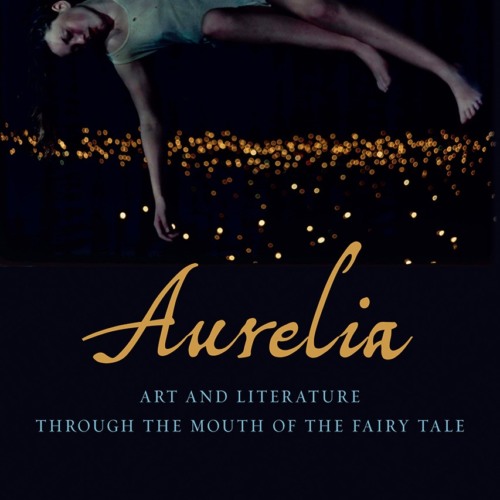“With this volume, the holy trinity of fairy tales—the Brothers Grimm, Charles Perrault, and Hans Christian Andersen—becomes a quartet. In the 1850s, Franz Xaver von Schönwerth traversed the forests, lowlands, and mountains of northern Bavaria to record fairy tales, gaining the admiration of even the Brothers Grimm. Most of Schönwerth's work was lost—until a few years ago, when thirty boxes of manuscripts were uncovered in a German municipal archive. Now, for the first time, Schönwerth's lost fairy tales are available in English. Violent, dark, and full of action, and upending the relationship between damsels in distress and their dragon-slaying heroes, these more than seventy stories bring us closer than ever to the unadorned oral tradition in which fairy tales are rooted, revolutionizing our understanding of a hallowed genre.” –Amazon.com
Check your local bookshop for this title or, purchase this book from Amazon.com at the links below, or used from Abebooks here. A portion of your purchase, including other items added to your shopping cart, will benefit the Mirror Mirrored project.




